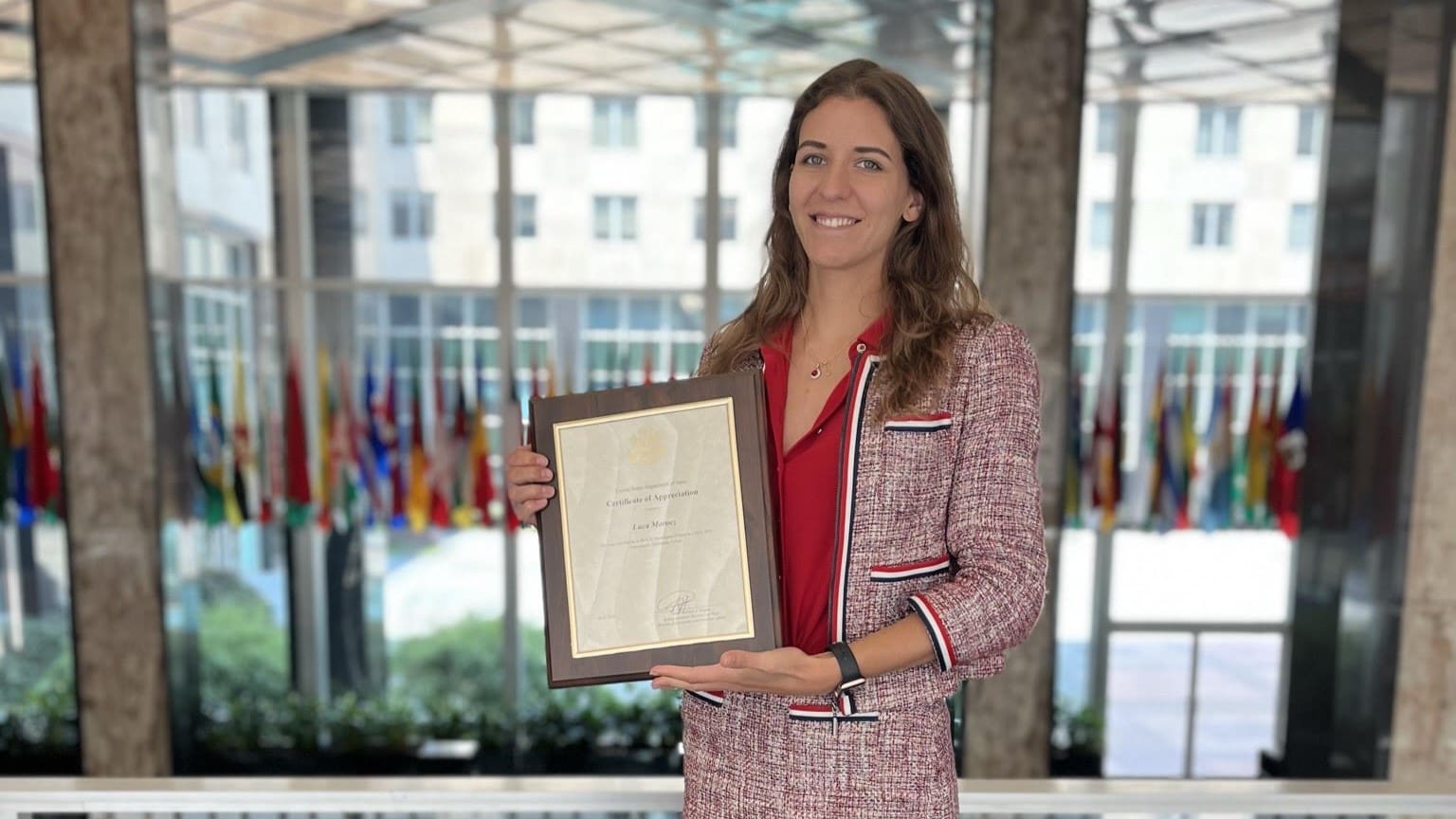
Luca Mórocz, who came to the U.S. in 2017 as a Hungarian American Coalition (HAC) intern and has worked as a foreign exchange diplomat at the Hungarian Ministry of Foreign Affairs assigned to the U.S. State Department’s Global Coalition to Defeat ISIS, is currently living and studying in Washington, D.C., organizing various HAC events and a leadership training program. In the interview she talks about her experience in the US, her professional career, and shares her thoughts regarding the challenges of youth engagement Hungarian organizations in the United States face while introducing her new project, the HYPE Network.
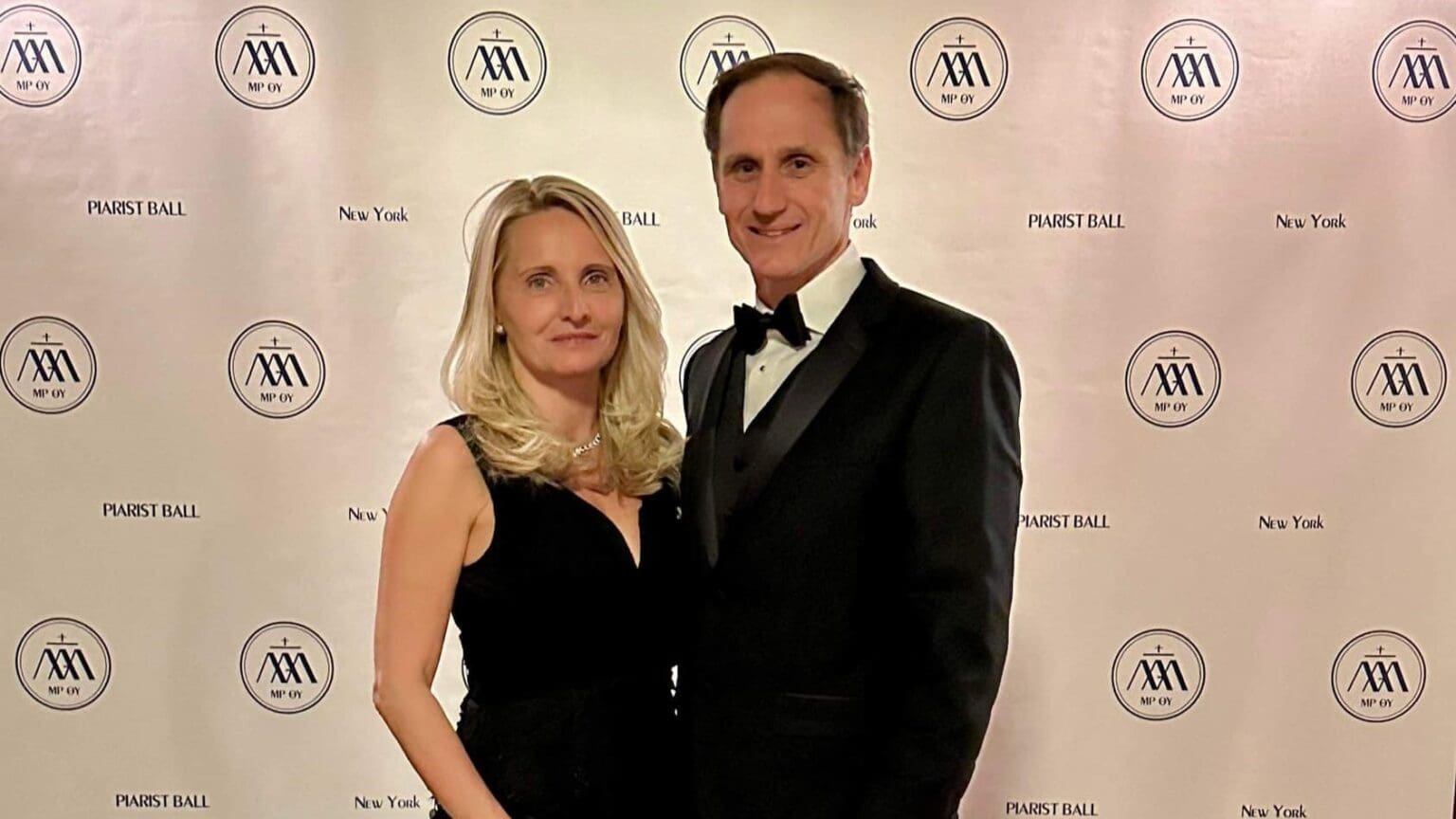
‘When discussing on a diaspora level, we should not just share local reports with each other, but actually try to find real solutions to the problems. For example, nowadays, we talk a lot about how to reach people who no longer speak Hungarian. To paraphrase a Sándor Kányádi poem: we have only one homeland, and that is the Hungarian language. If the language is lost, many great things will be lost as well.’
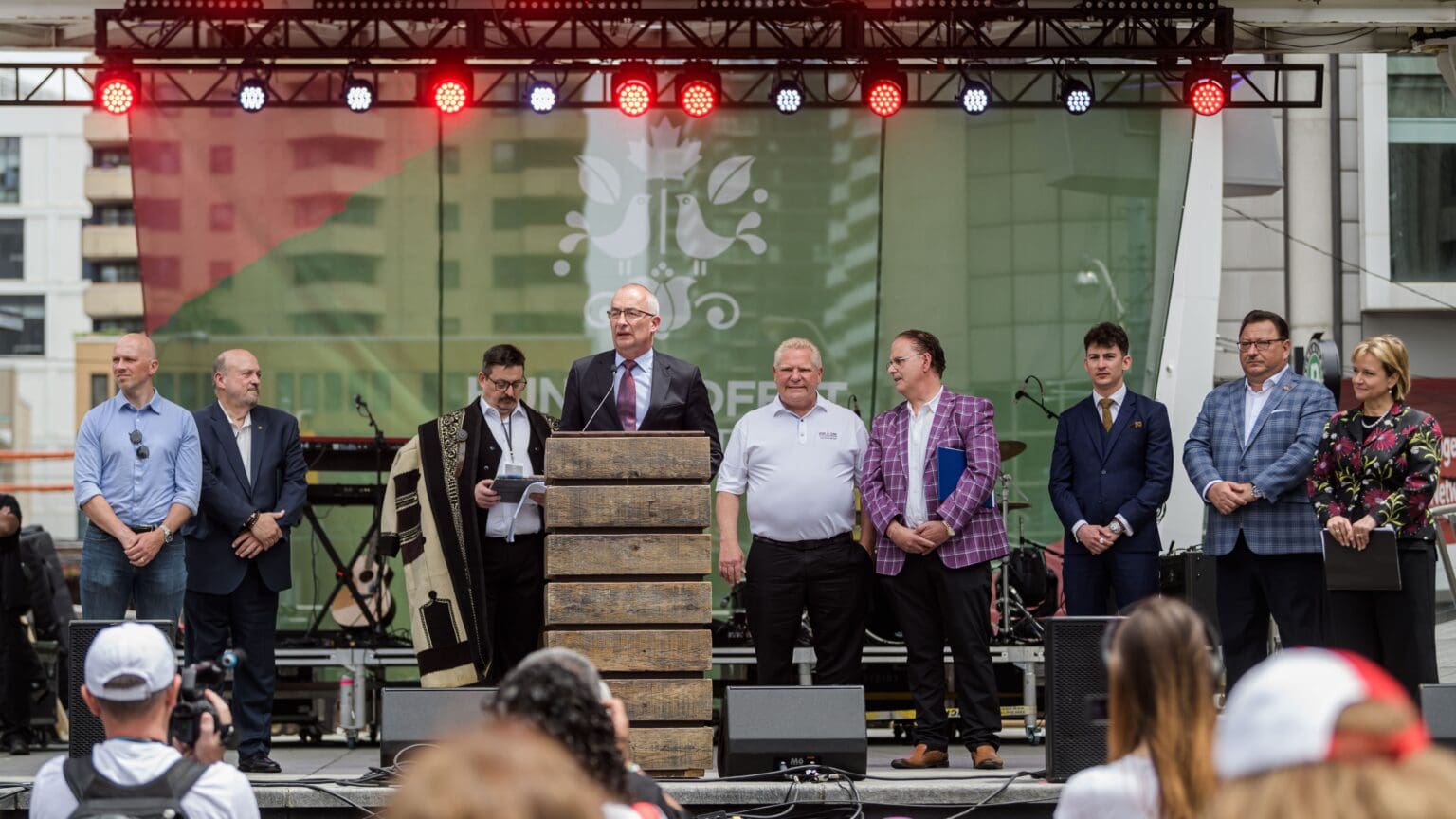
Péter Sztáray thanked the Premier of Ontario for his personal presence, which the Hungarian politician described as a recognition of the friendship between the two nations.
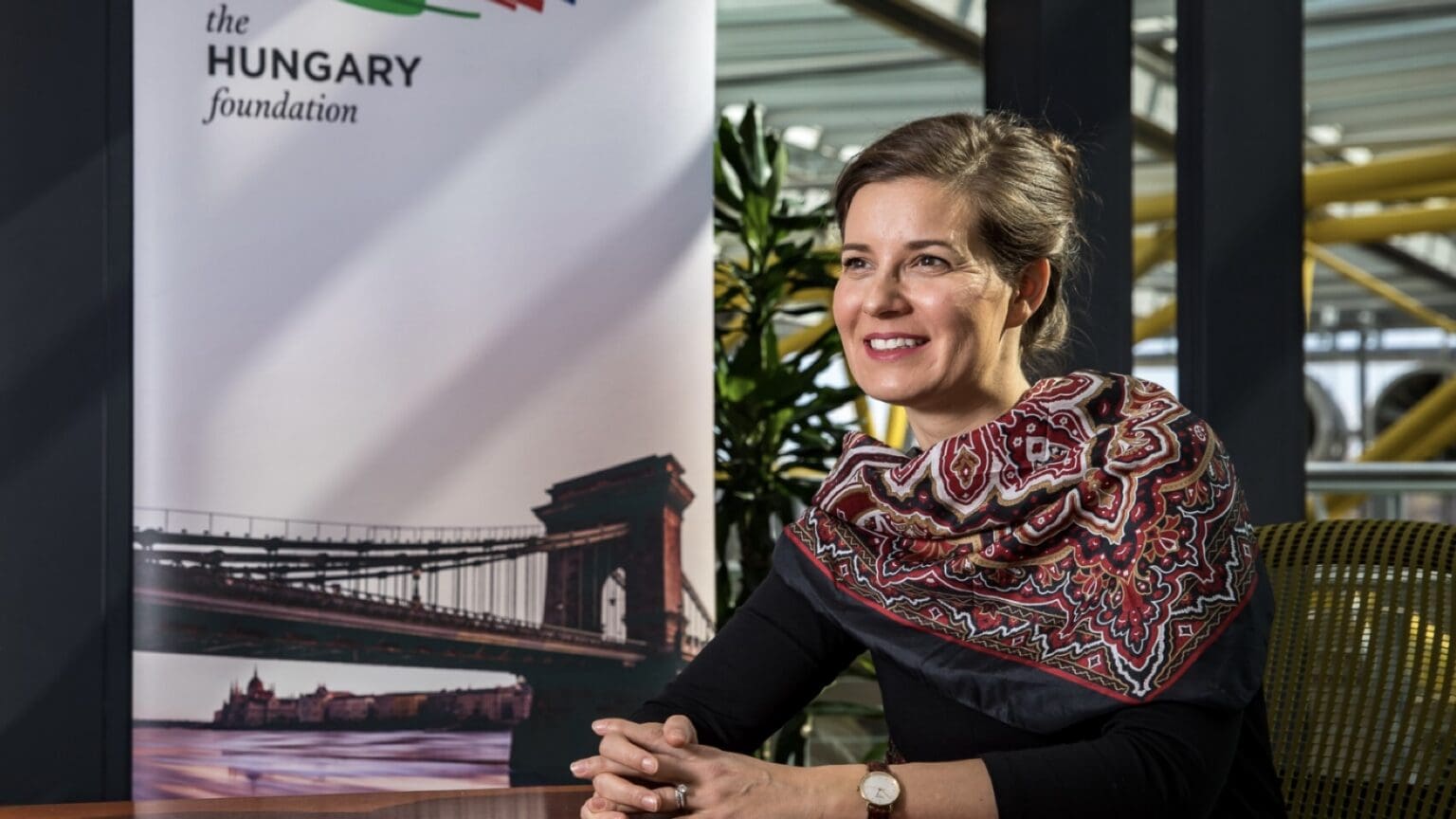
‘The more I travelled in America, the more I realized that there is no state in the U.S. where Hungarians have not created something lasting; where there is not some Hungarian thread, some Hungarian history, some Hungarian contribution. We wanted to visualize this centuries-old creative process and make it easily accessible to the widest possible audience. That’s how the idea of the HuGo app was born, and of course it took years to fine-tune the concept with our developers arriving at the publicly available version we have today.’ Anna Smith Lacey on the HuGo app and the power of the community.
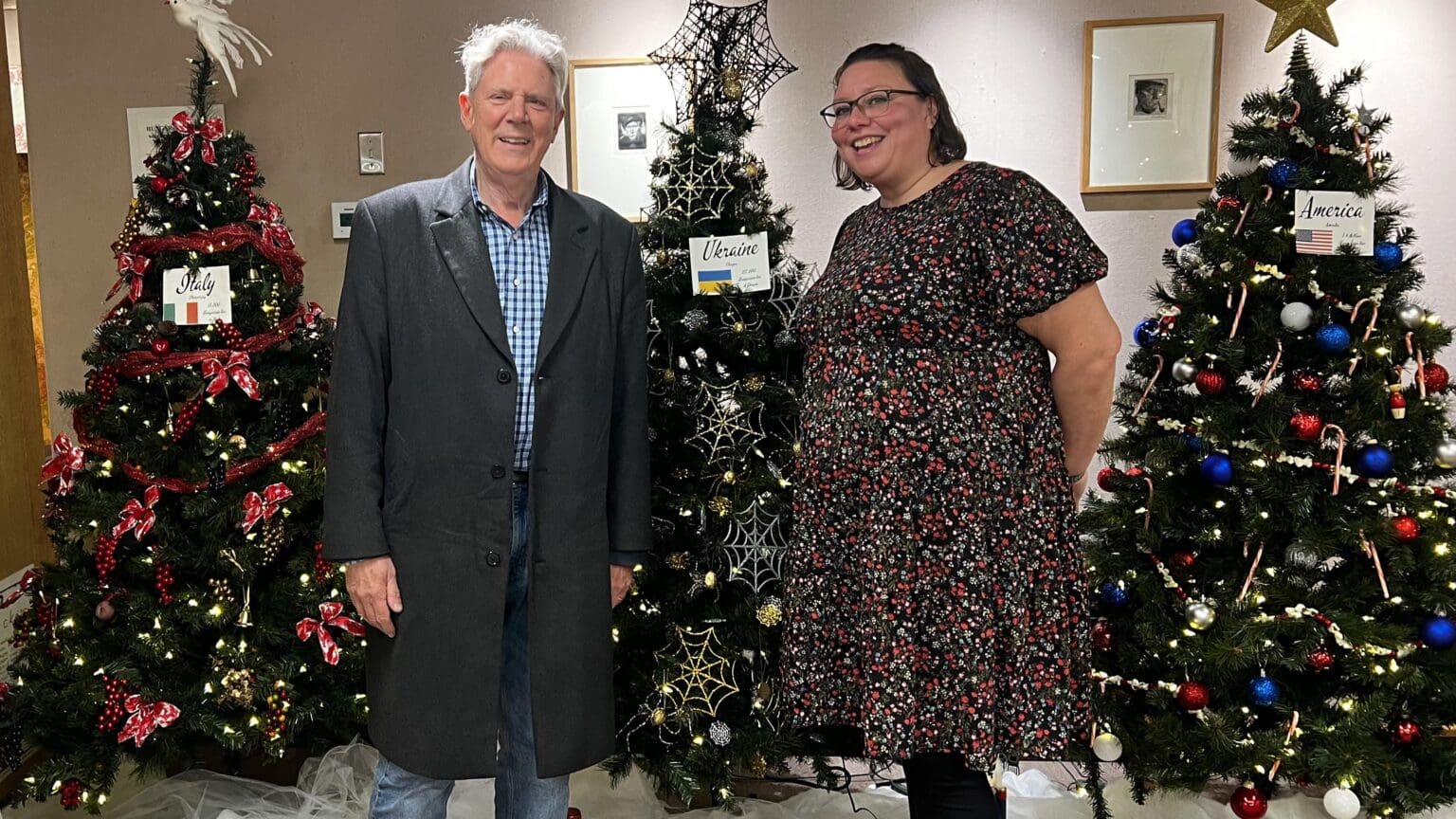
‘I’m the Executive Director, but I also know that if there’s garbage, somebody must take it out. Similarly, I’m six feet tall, so if something in the back or on the top needs to be reached, I do it. When I was locked in the elevator once, the repairman showed me how to fix the elevator if I ever got stuck in it again. I am the chief bottle washer or the brain, the archivist, the curator when needed. I wear all these hats. Since I’m approachable, everybody feels they know me from different events in town. For some, I even became the face of the Hungarian community in New Brunswick.’
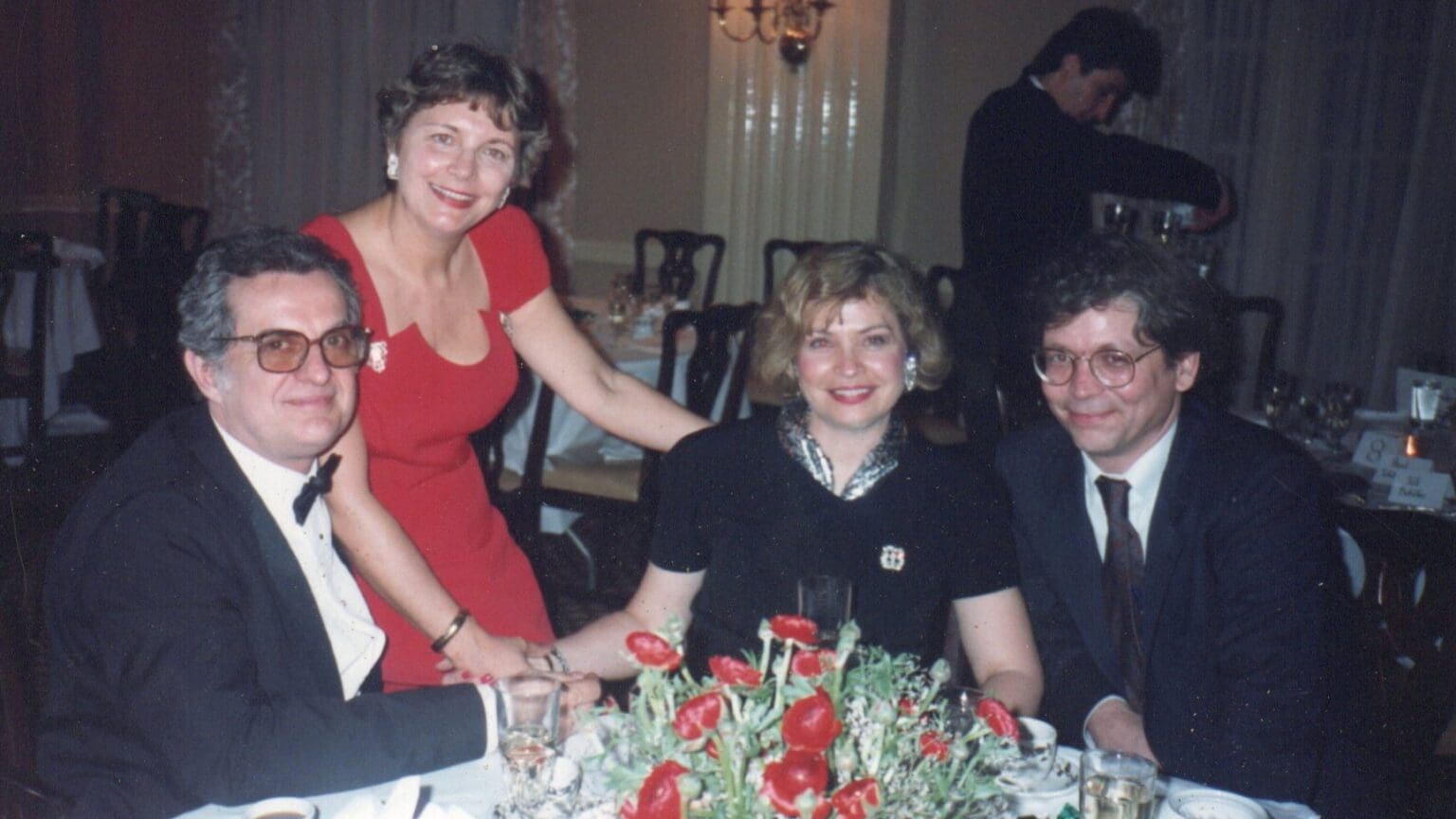
‘Since 1990, we have had to find new ways of explaining the issues. The communist dictatorships have collapsed, everything seems to be going fine, nice-sounding laws are being passed, but these are not being enforced, and in some cases the situation is deteriorating. The countries have European Union membership, and many border issues have disappeared thanks to the Schengen agreement, but problems remain.’
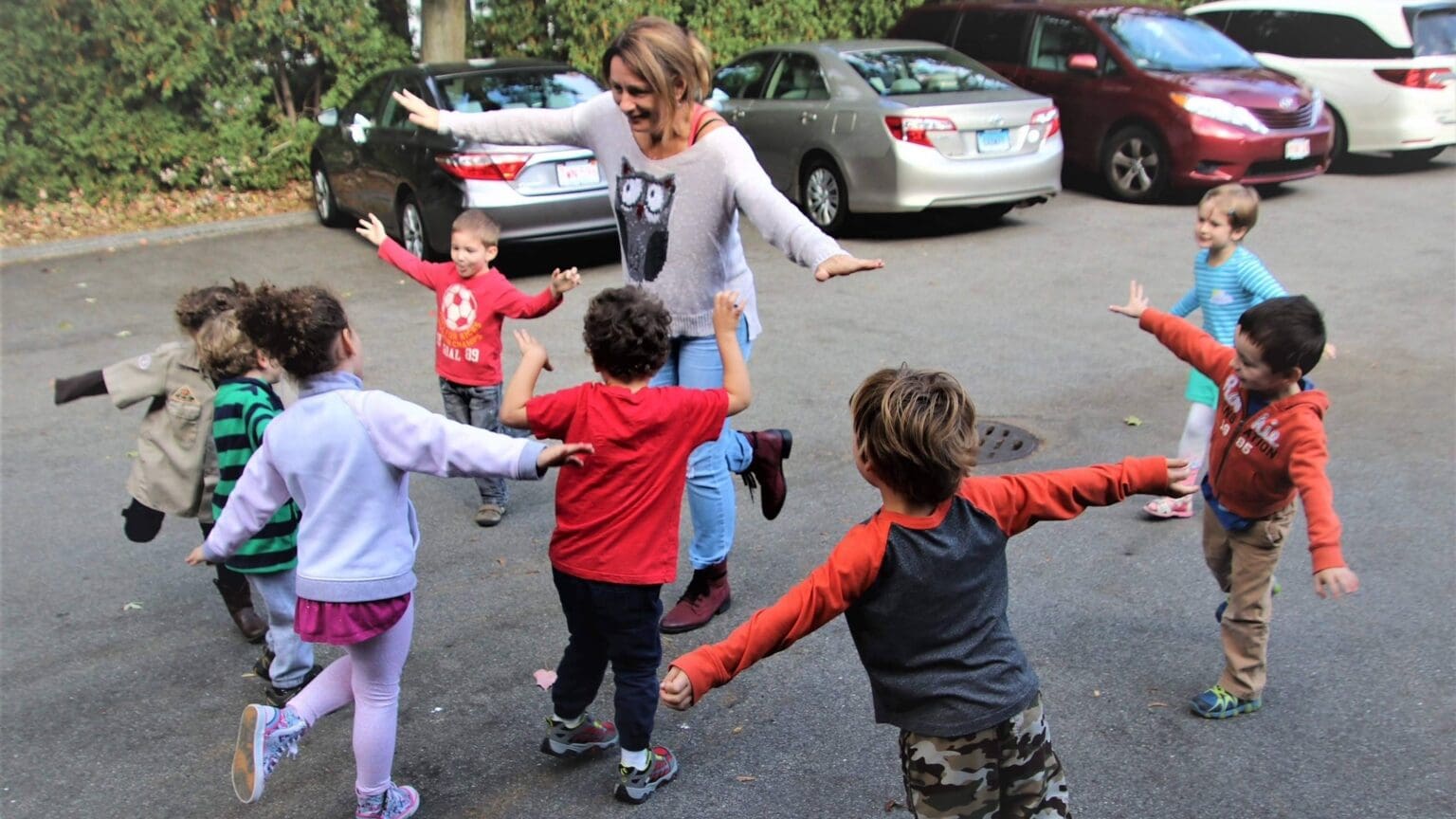
‘Many people have asked me why I don’t devote my time to myself and my family instead of volunteering. The answer is simple: I care about Hungarian families and the community. My mission is to preserve, nurture and pass on our Hungarian identity, our rich language and culture to the next generation. Fortunately, many of us feel the same way and many of us are working for the same goals.’
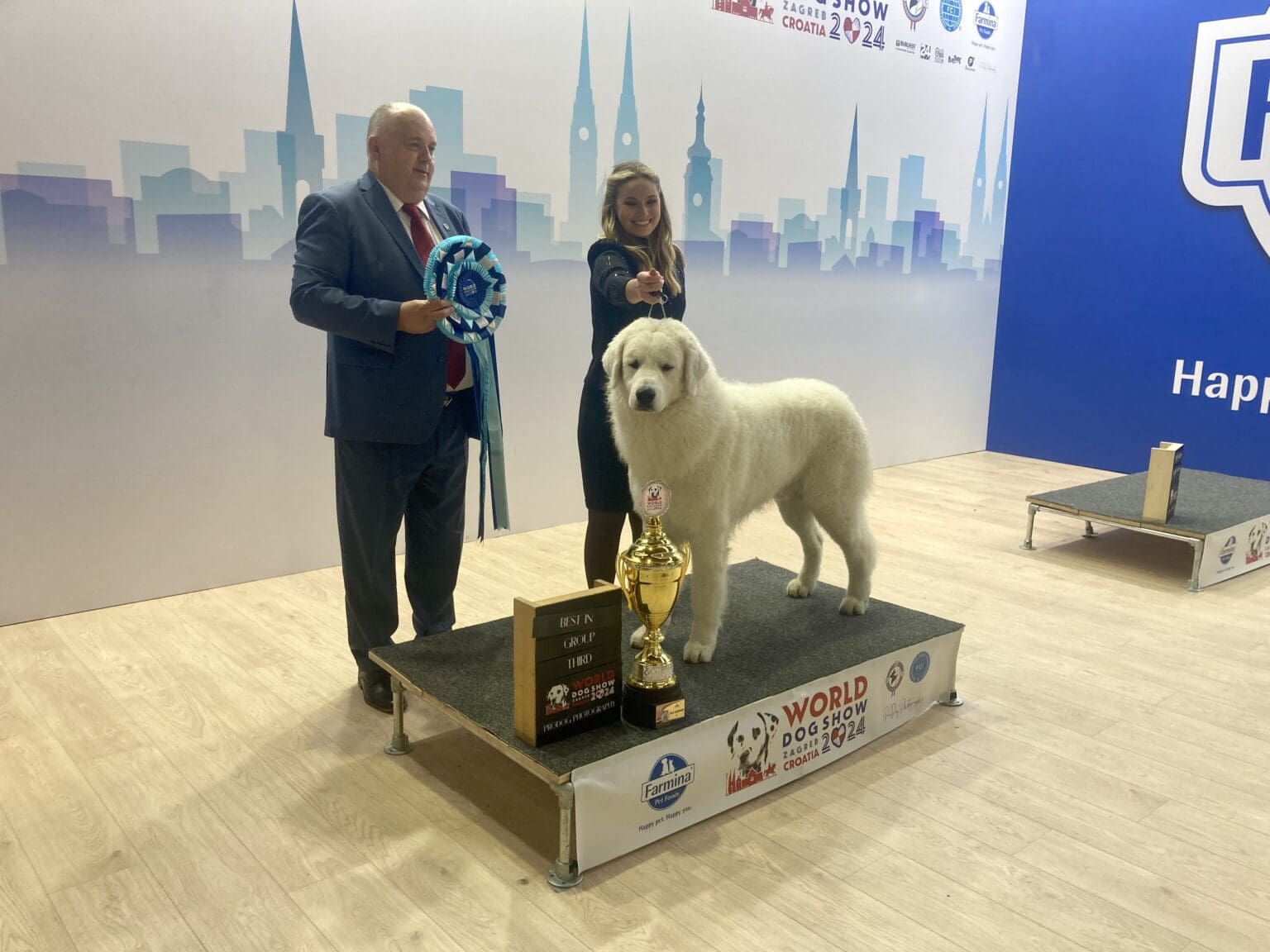
It was an initiative where expert breeding and handling on three different continents that made this incredible success possible. Cudar, the third-placed Kuvasz, was bred in Brazil, with a Hungarian heart. Now living in America, it came back to Europe to demonstrate to the world the beauty, values and power of this incredible Hungarian breed.
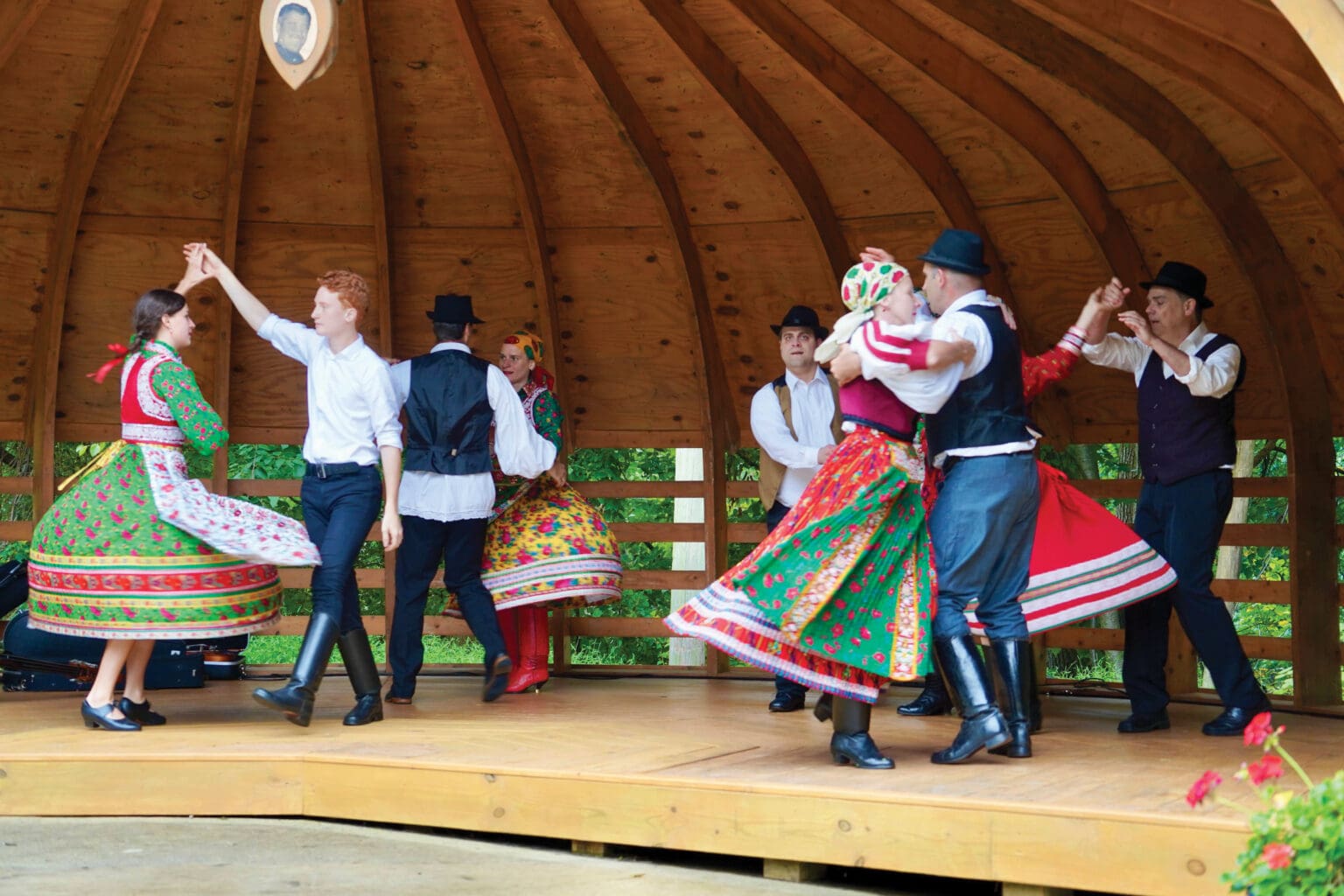
‘When you move abroad, either of necessity or at your own initiative, the inevitable clash between the host and home cultures raises questions about the future of your mother tongue, culture of origin, and national identity. In a foreign language environment, the use of the mother tongue is not obvious, nor is the development and preservation of the original identity.’

Refugee groups started trickling in after the catastrophic defeat of the Austro–Hungarian empire in the First World War and the dismembering of the historical Hungarian Kingdom, resulting in the loss of many ethnically Hungarian territories for Hungary. The destruction of the war and the discriminative policies of the new states prompted many Hungarians to seek a better life beyond the sea. Latin America soon became an important emigration target, as the United States started to severely restrict immigration from Eastern Europe in the 1920s.
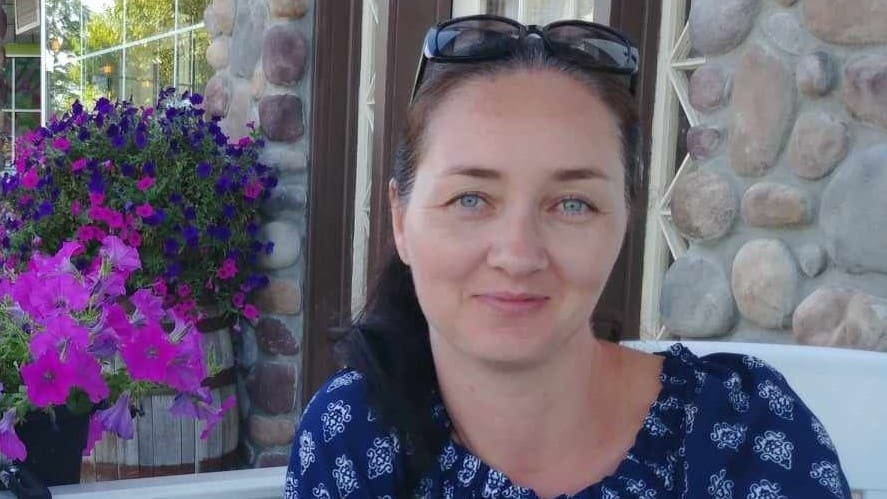
Denisa Bott-Varga has been an active member of the 110-year-old Hungarian American Athletic Club in New Brunswick and leader of the local Csűrdöngölő Folk Dance Ensemble since the early 2000s, when she arrived to the US from Slovakia. In 2023, she received an Order of Merit of the Hungarian Republic for her work in Hungarian diaspora culture and folk dance. In the interview she talks about her passion for folk dance and her efforts to build and preserve the Hungarian community in New Brunswick.
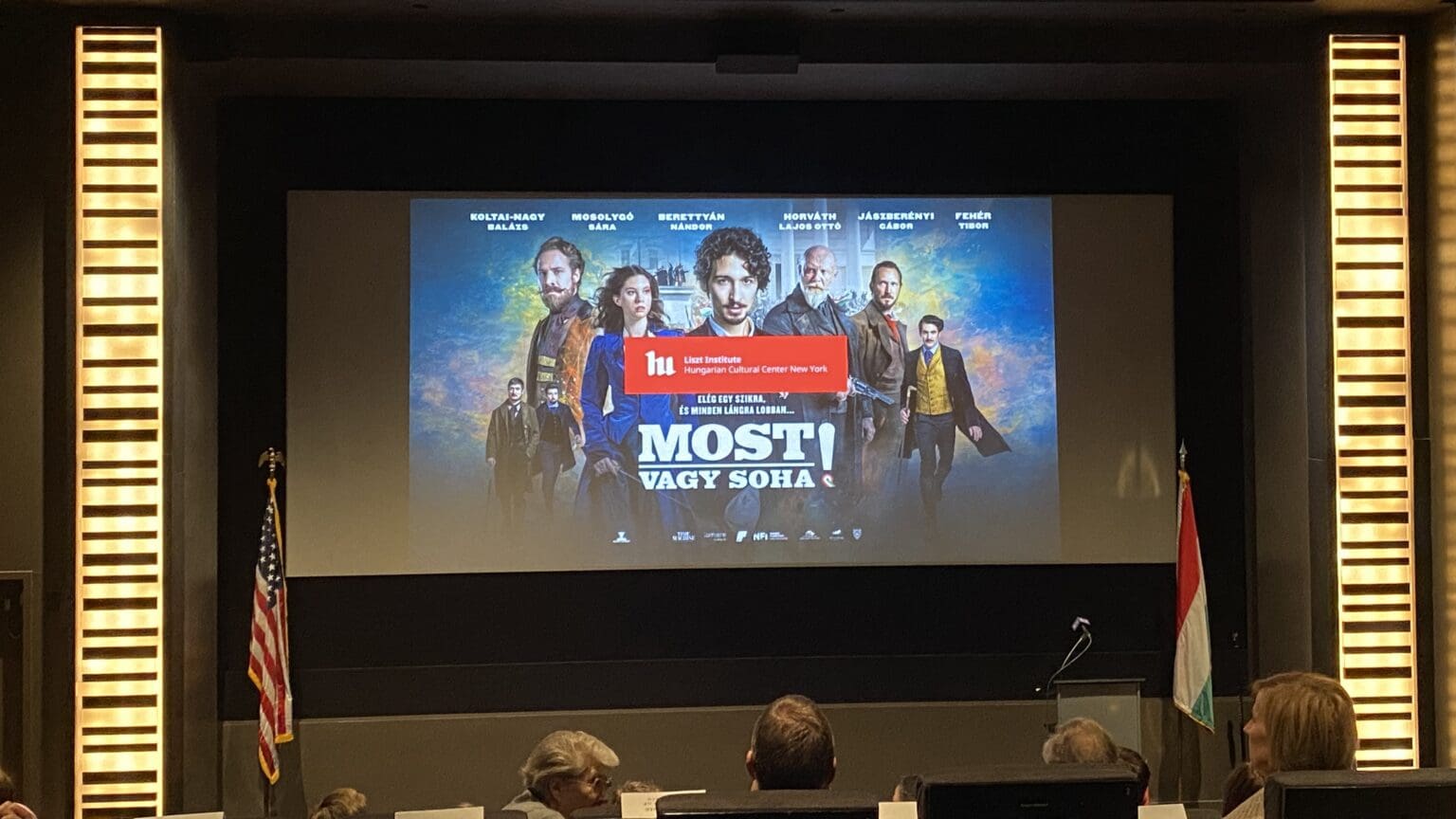
‘I agree with those who think that historical authenticity should not be scrutinized in a historical adventure movie, because it should primarily work with exciting characters and a story that simply draws from historical events but does not aspire to document them. I still wonder where the vision of the course of history and its essential moments, mentioned by the producer, are to be found in the movie?’
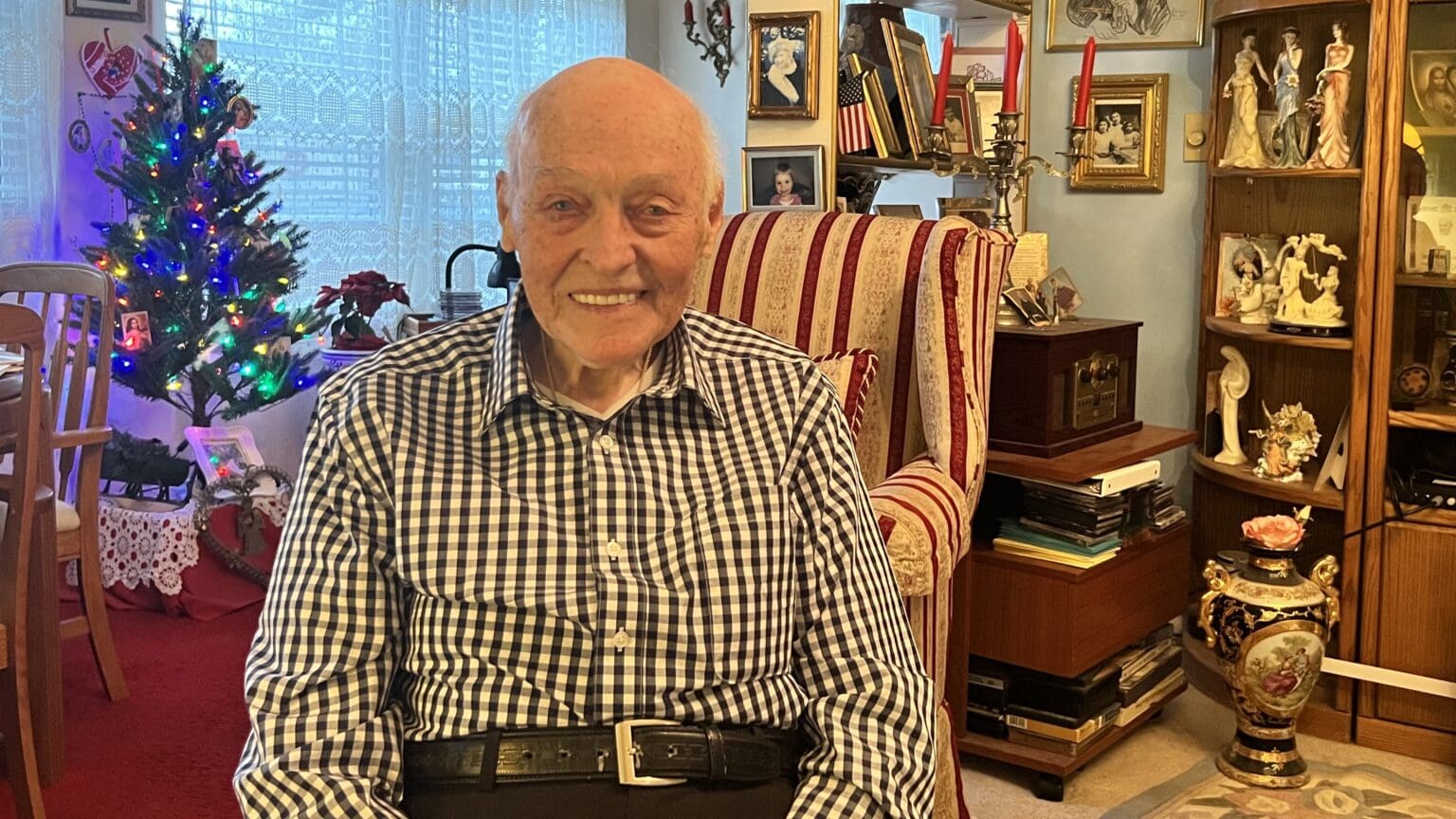
The 95-year-old 56er Tibor Weinzierl (Várnay) talks about his adventurous life in Hungary, Canada and the US: his experiences as a prisoner of war, his musical career, his emigration, and his work ethic. Still very fit and active, Tibor Weinzierl worked until he was 87, then started compiling his book at the age of 90.
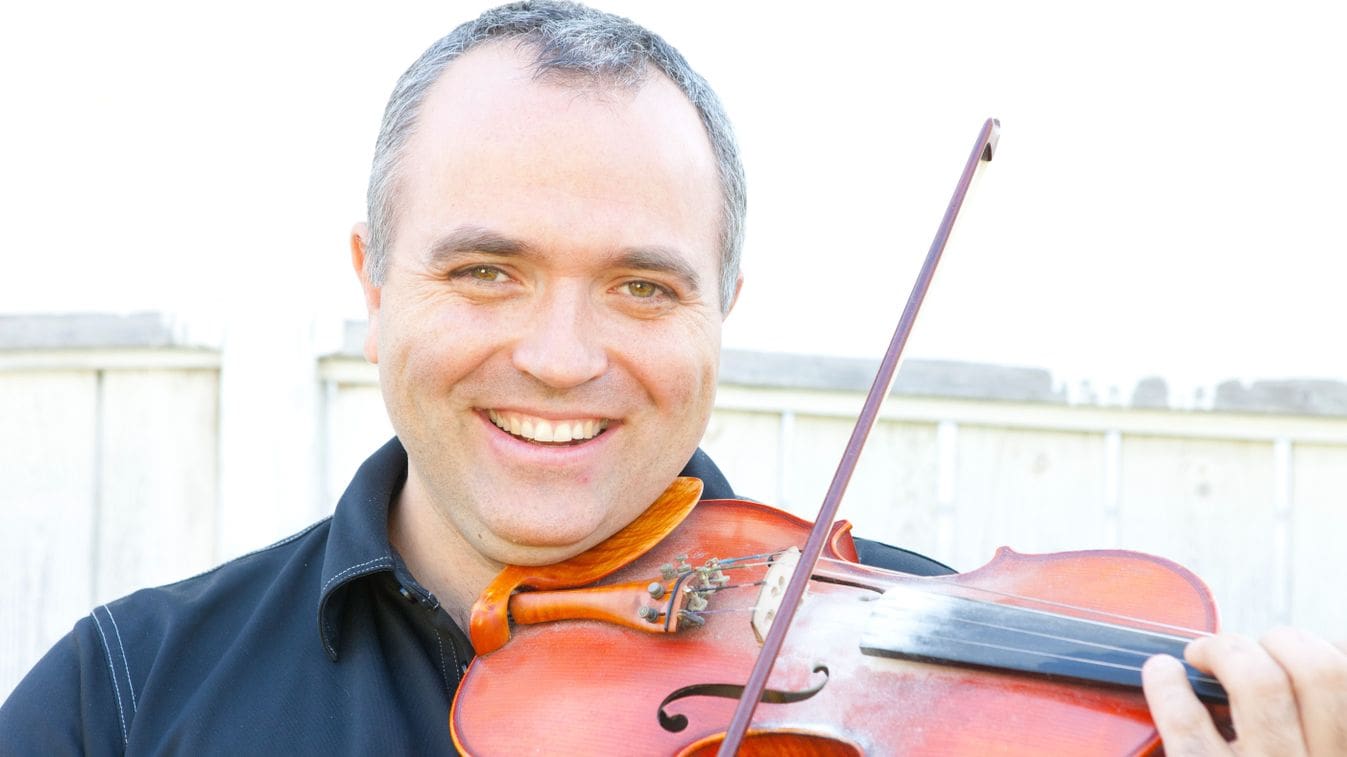
‘What ‘‘zestful life’’ means and how it can be achieved are answered in the book, starting from the premise that it requires ‘‘no special effort, skills, education or money’’. All it takes is following ten principles that are based on his family history, his respect for Hungarian music and culture as well as his practical life and working principles drawn from his private life and legal experience.’
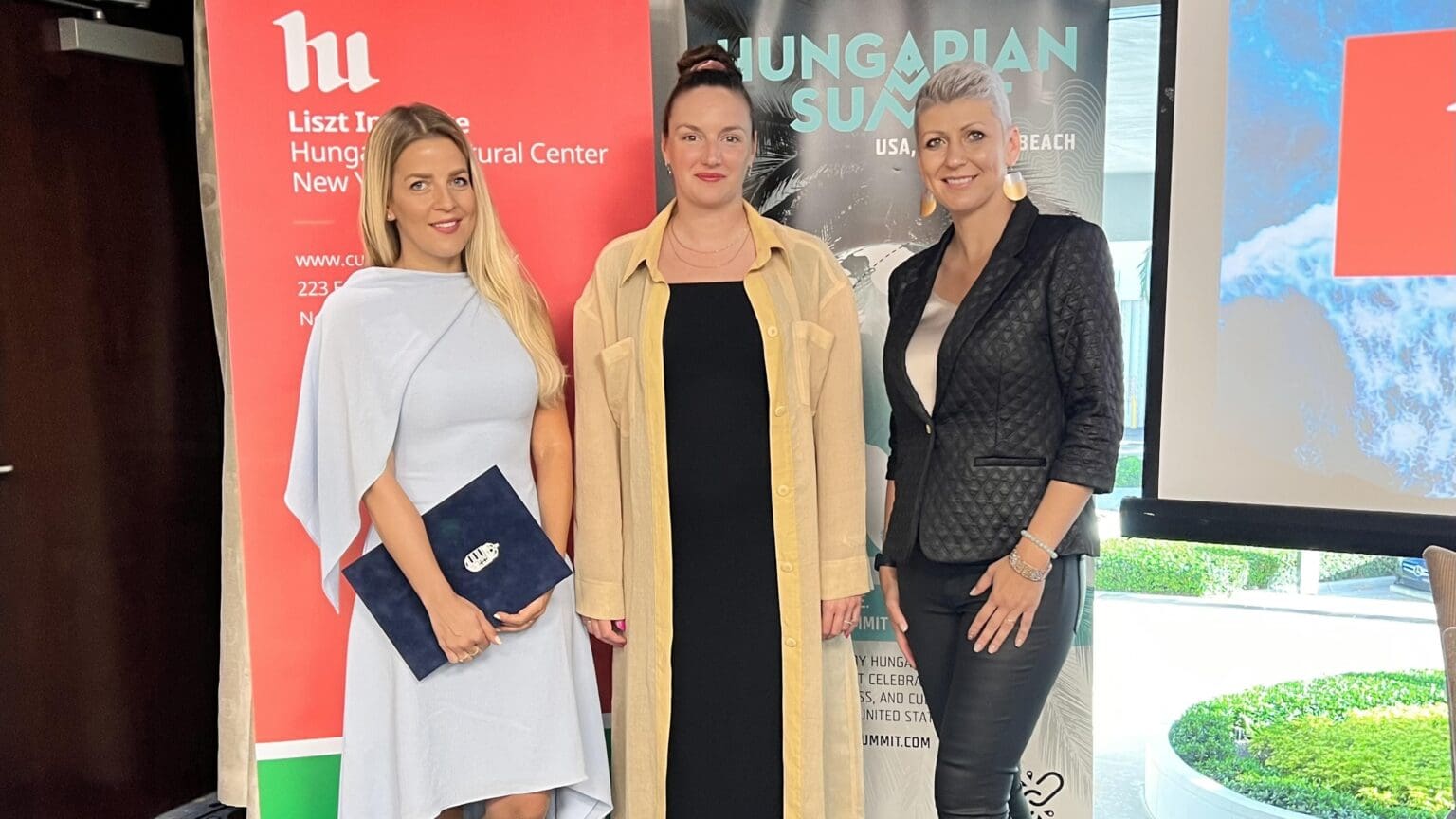
‘There is a lot of interest from universities, professors, and students in studying in Europe, because we can offer an affordable degree and high-quality education in a world-class city. After half a year of training or education, students and teachers develop a commitment to Hungary that is a huge asset for the future.’
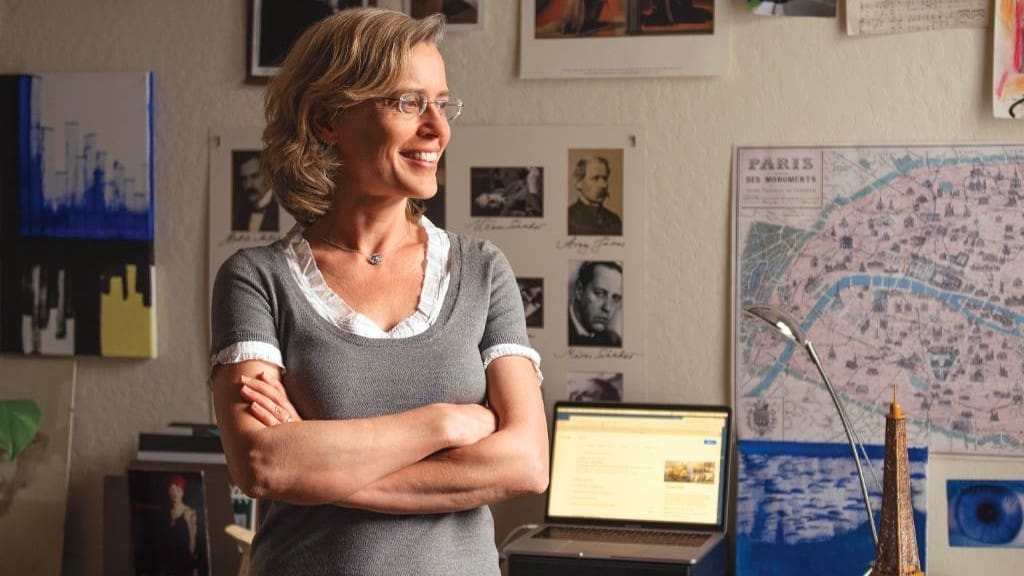
‘As a PhD student, I was very shocked to see that Harvard has had chairs of all sorts of relatively small nationalities (Slovak, Greek, Ukrainian, and so on), except Hungarian. These departments and chairs can only be created through international cooperation and the involvement of the business world, that is would need advocacy and money. We would need Hungarian academic departments and Hungarian professors in North America again.’
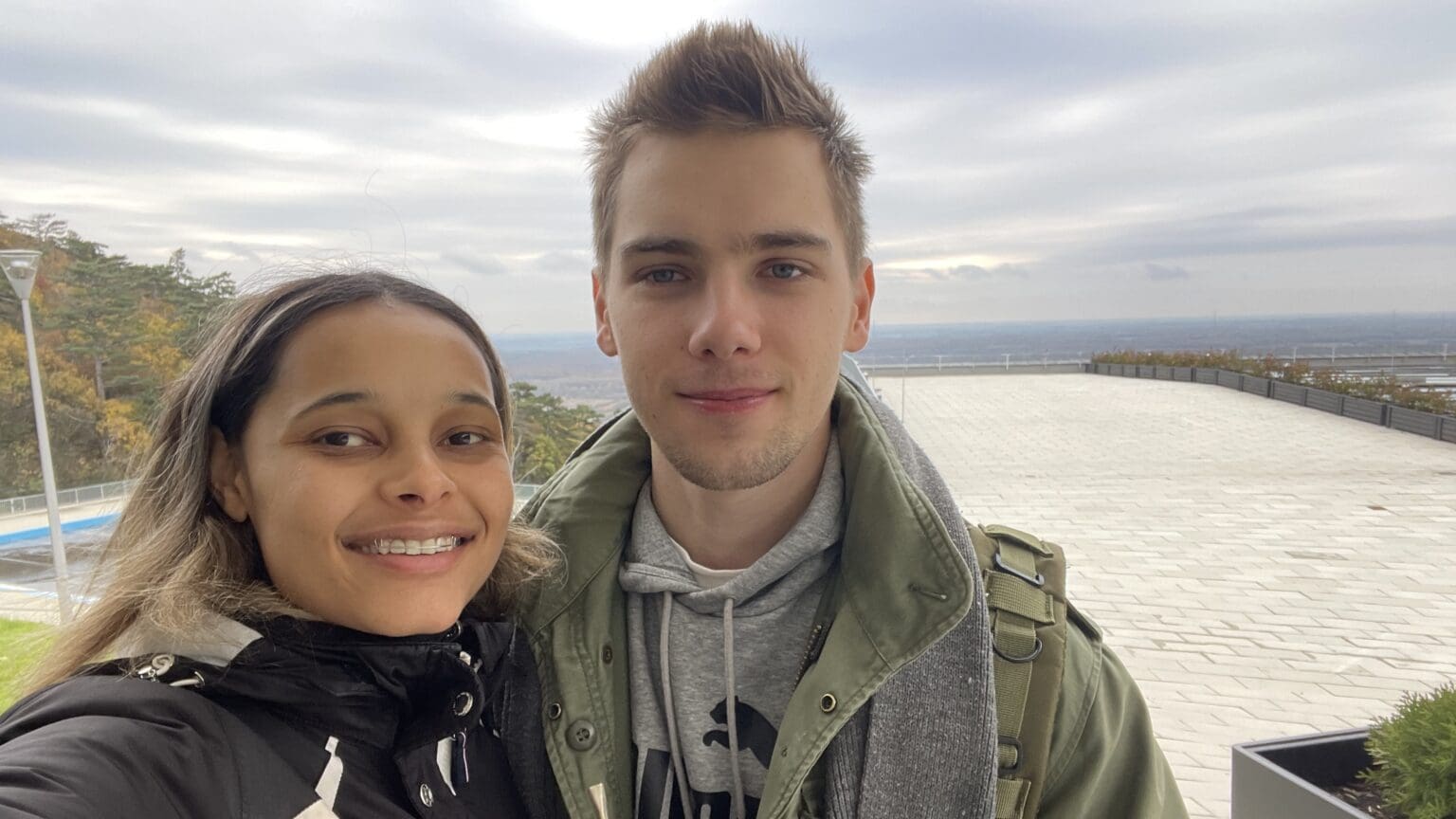
Hungarian American Tisza Fizli was born and raised in Los Angeles but currently studies economics in Hungary, at Corvinus University as a Diaspora Higher Education Scholar. In the interview, she talks about her Hungarian roots, her upbringing, and her love for the city of Budapest.
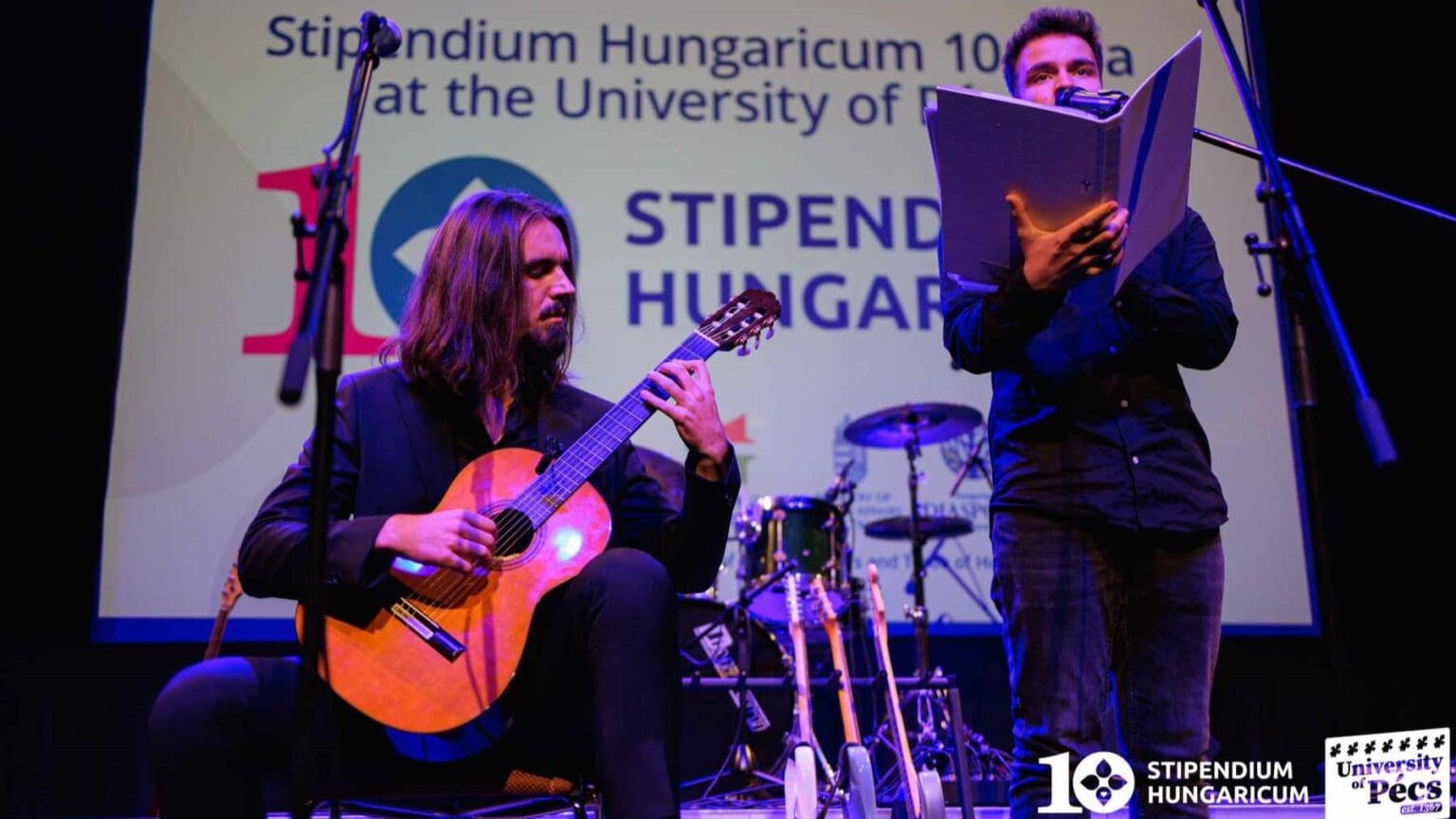
Diaspora Higher Education Scholar Oliver Zrínyi, who is currently studying in Pécs, Hungary, talks about his Hungarian roots, his passion for music, and his future plan of living and working in Hungary.
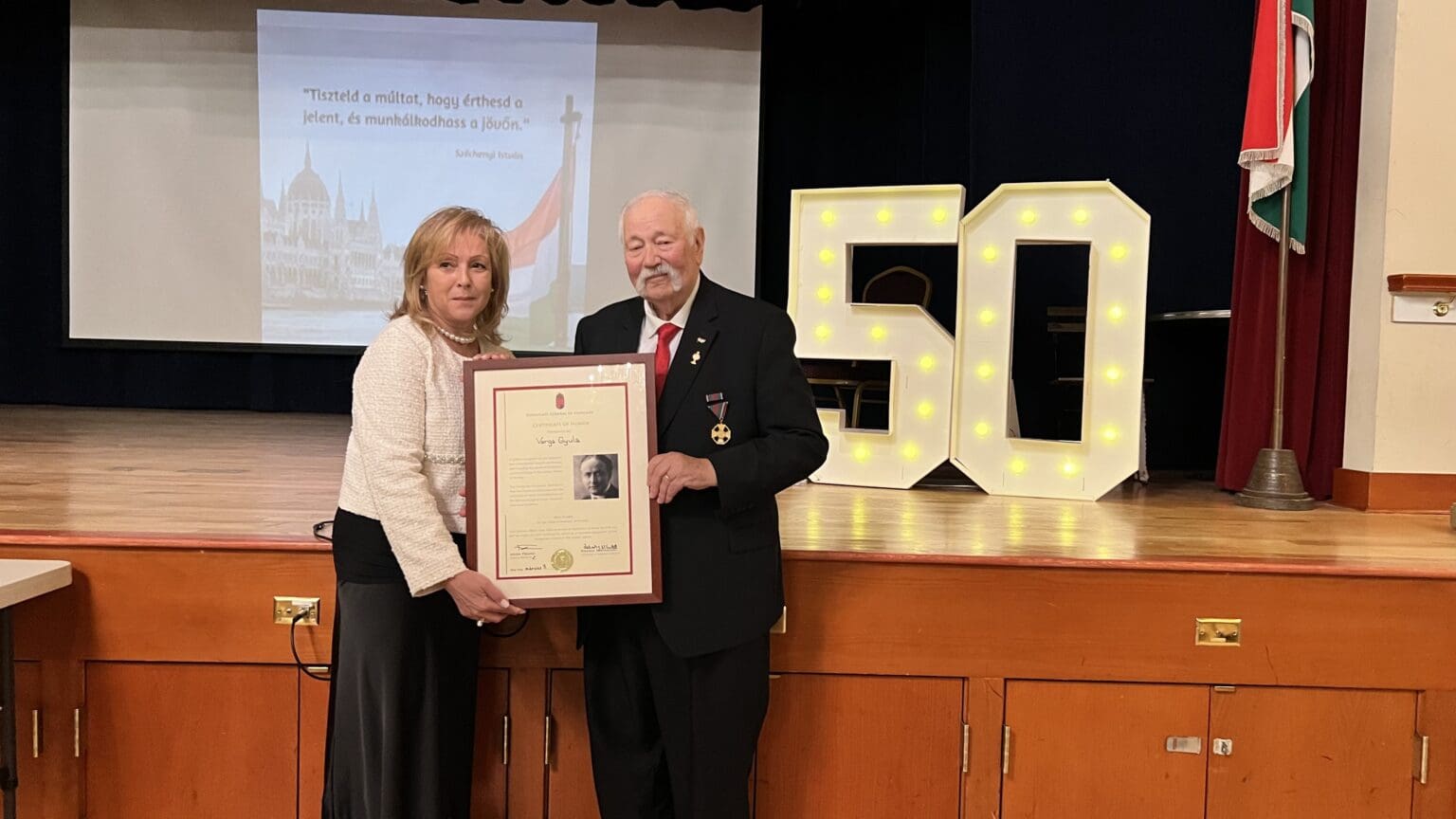
The Széchenyi István Hungarian School and Kindergarten in New Brunswick (New Jersey) celebrated its 50th anniversary. The welcoming speeches were followed by an award ceremony, where former school principal Gyula Varga was awarded; then, former principals shared their experience and thoughts on preserving our language and culture.
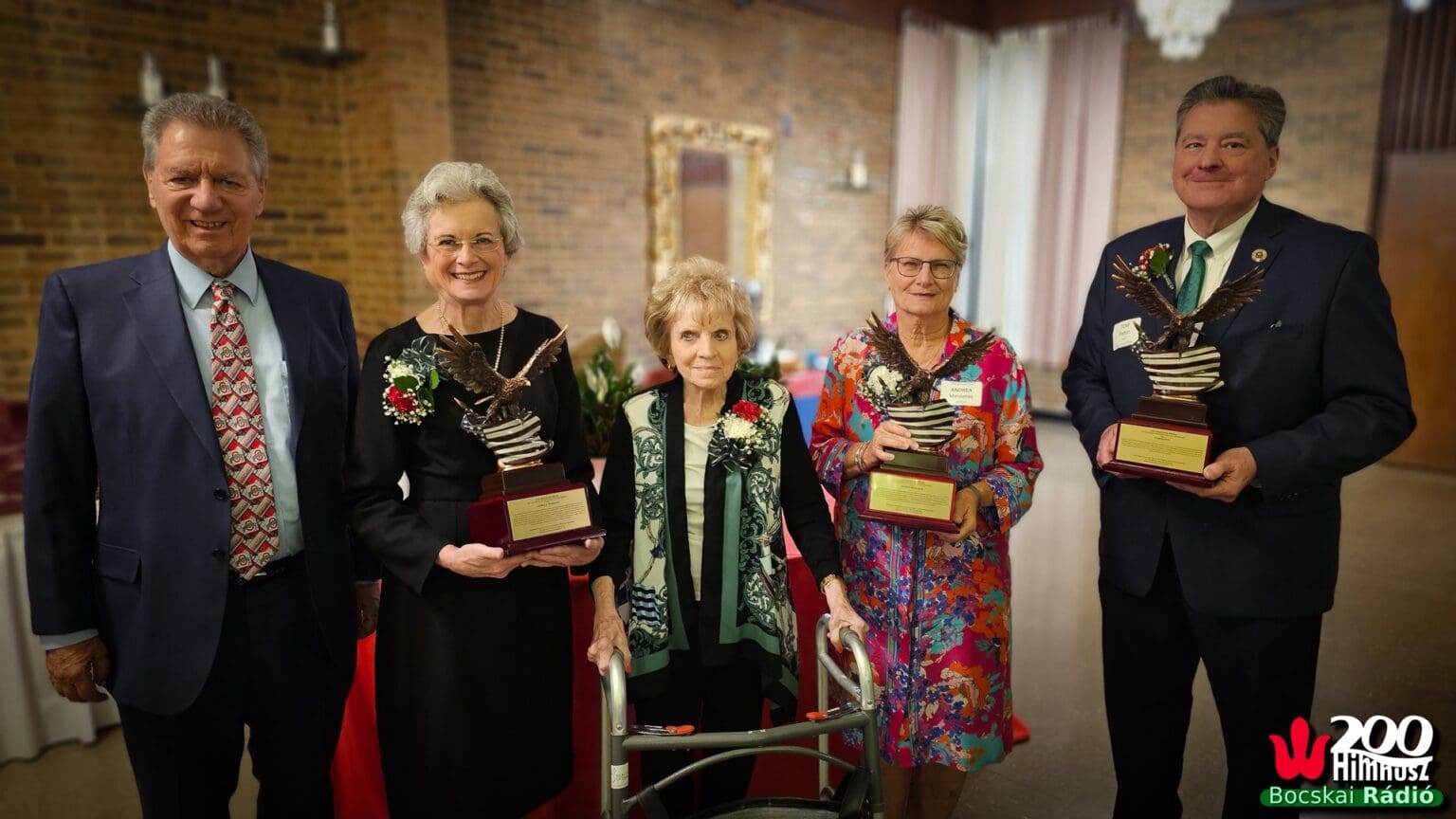
Andrea Mészáros has been an active member of the Hungarian community in Cleveland since her childhood. In the interview she talks about her family, her strong attachment and dedication to the Hungarian community, her different roles in its service, and her belief in the power of community.
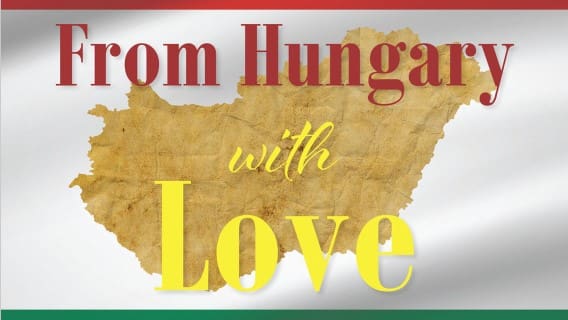
The autobiography of Tibor Weinzierl titled From Hungary with Love. The Immigrant is not only a written record of a tumultuous life journey of a Hungarian Canadian, then Hungarian American singer and violinist in an extremely readable form, but also a historical documentary.
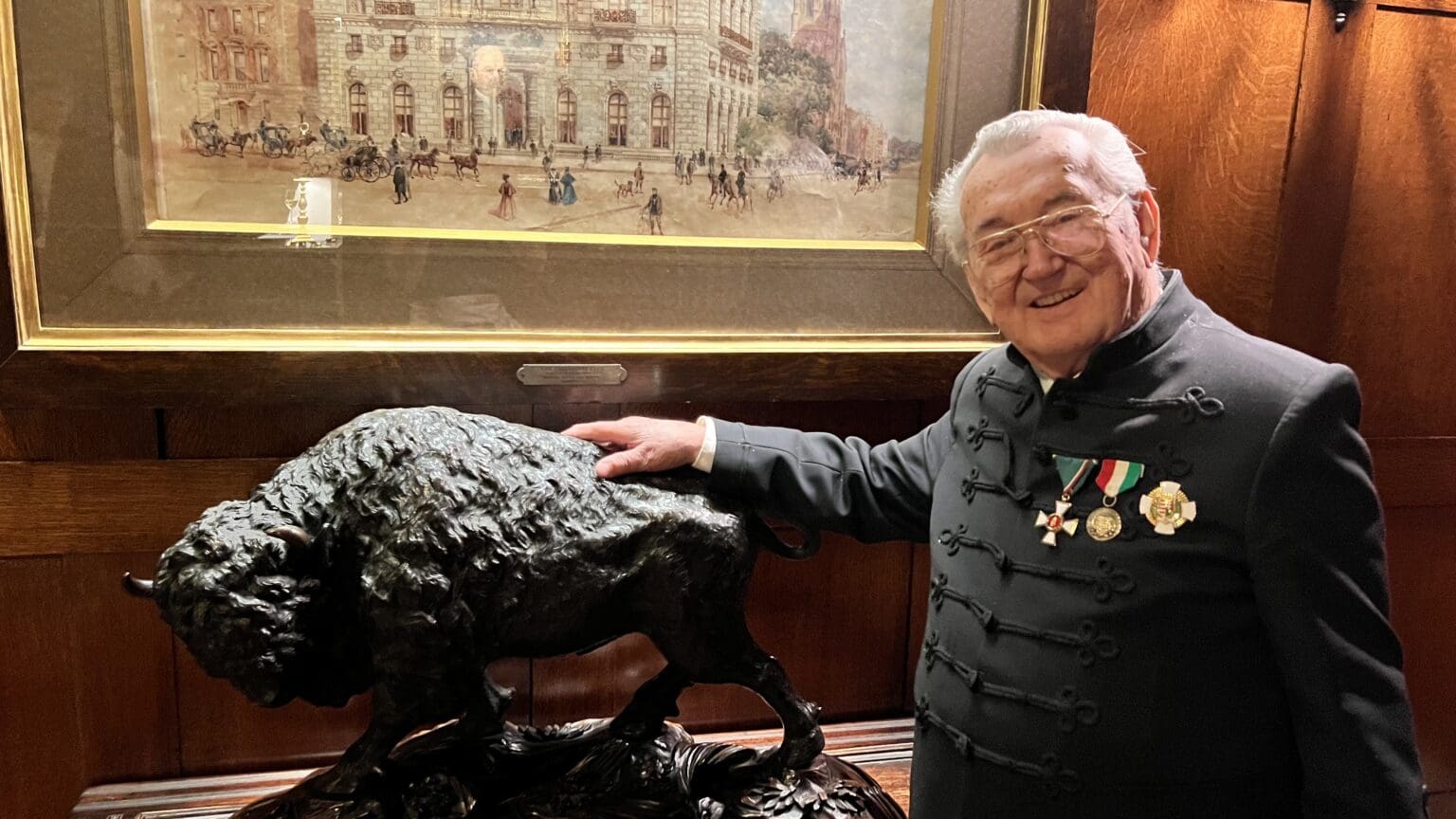
On 23 October 1956, István Üsztöke participated in the production of the famous sixteen points demanding democracy as a printer, for which he had to flee from Hungary. He emigrated to the US, where he worked as a printer until his retirement, then as a real estate agent, a candy man, and finally as a TV producer, for which he was personally honoured by former Hungarian President János Áder.
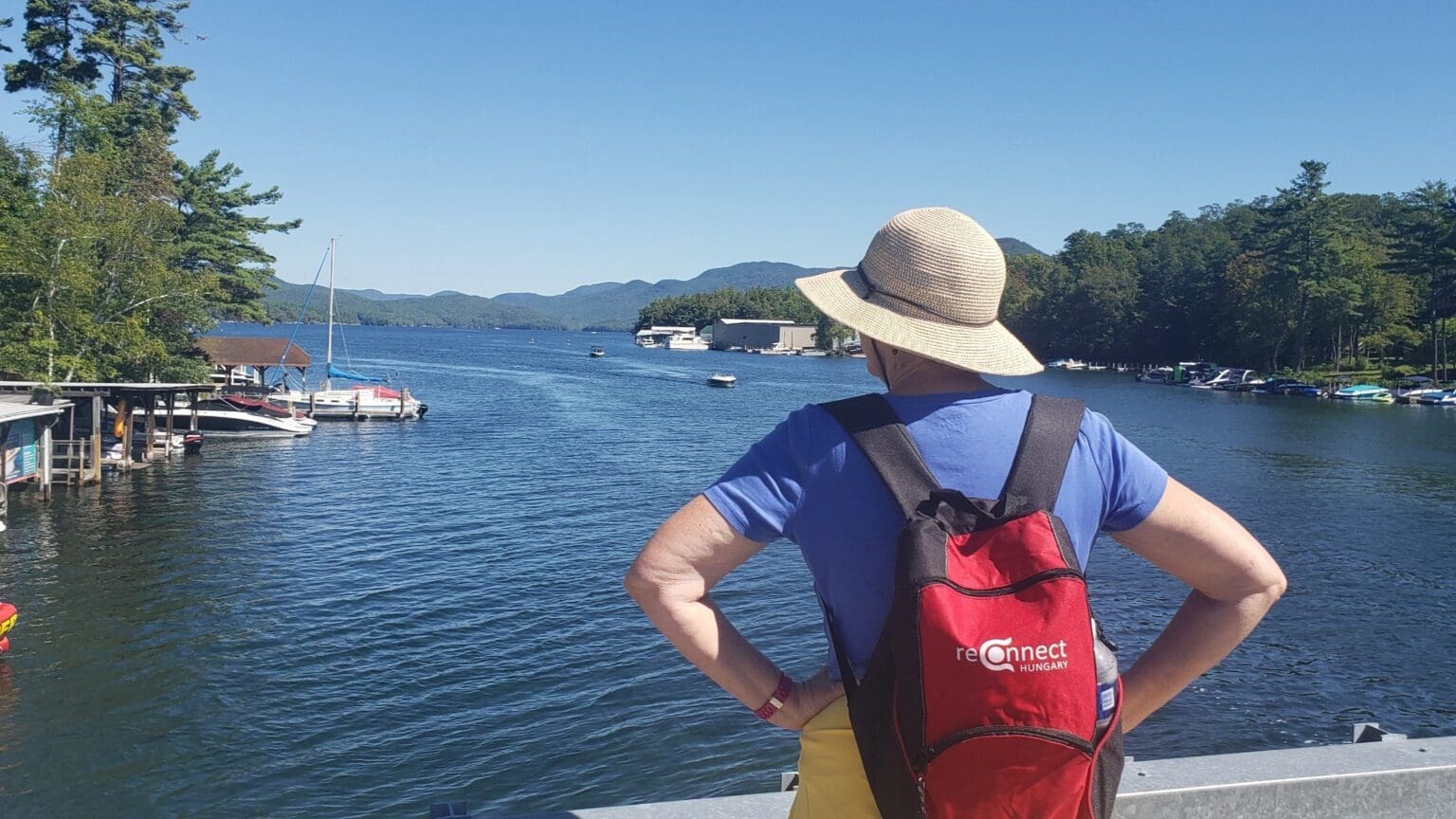
Gabriella Vajtay, an active member of the Hungarian community in New Brunswick, New Jersey, is the director of Reconnect Hungary. The interview with her revolves around the Reconnect Hungary Birthright Trip, a programme of the Hungarian Human Rights Foundation (HHRF), which enables North American young adults of Hungarian descent to visit Hungary.
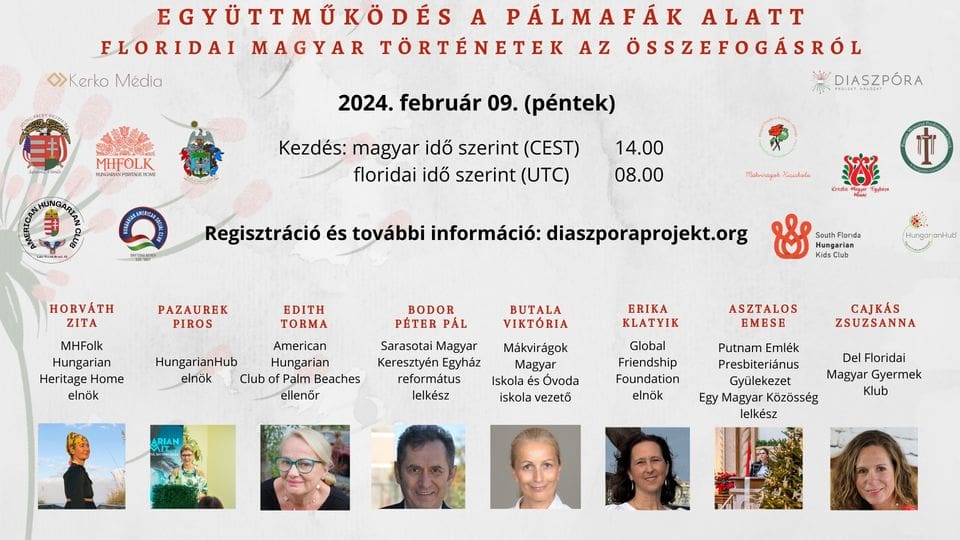
At an online conference titled Cooperation under the Palm Trees held on 9 February the invited panellists represented various Florida-based Hungarian organizations. Participants from eight countries all over the world were able to gain insight into the exemplary cooperation of Hungarians in Florida.
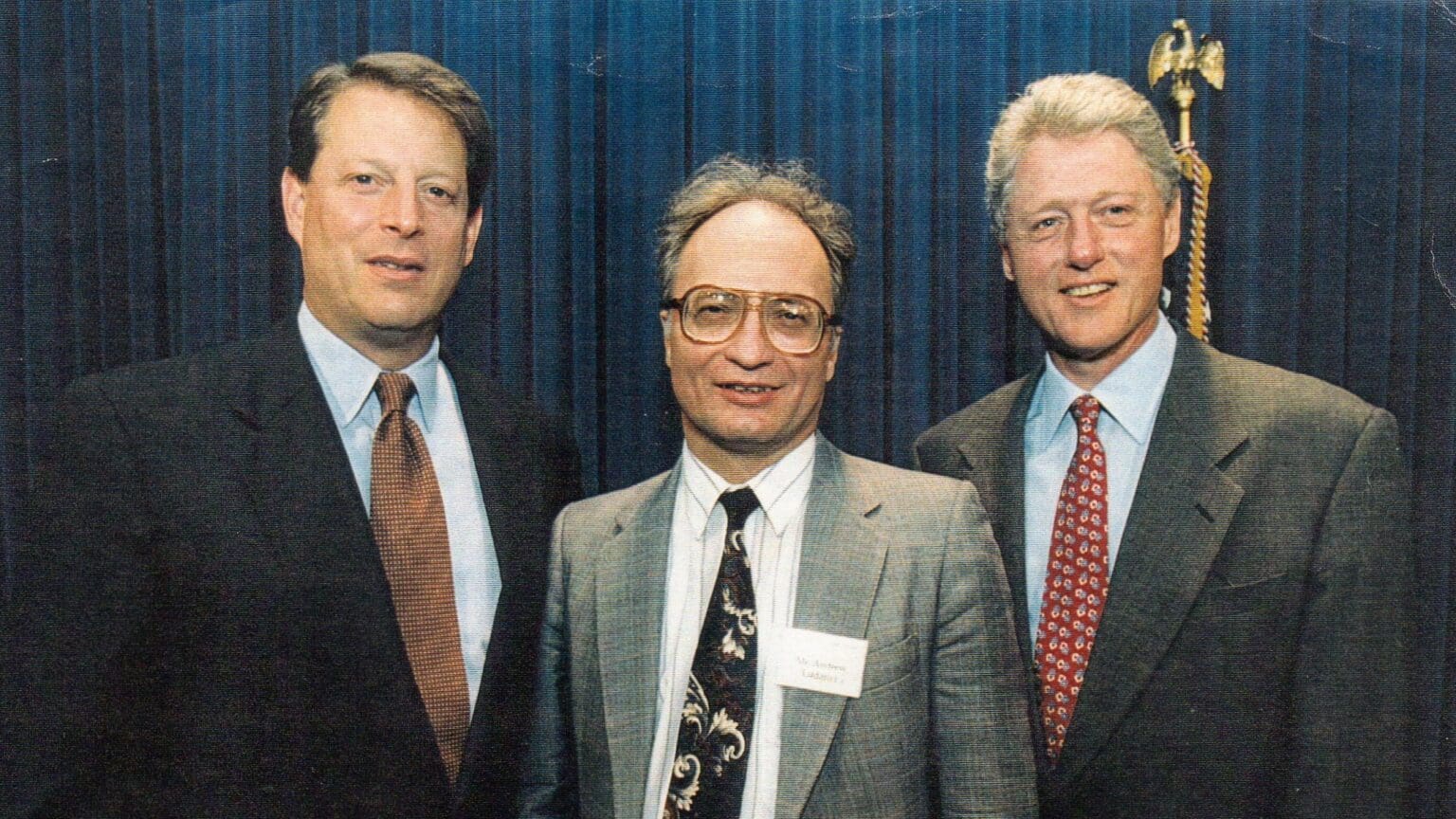
An interview with Hungarian American political scientist András Ludányi on his family background, scouting, his teaching career, his political preferences, and the representation of Hungarian interests in the US.
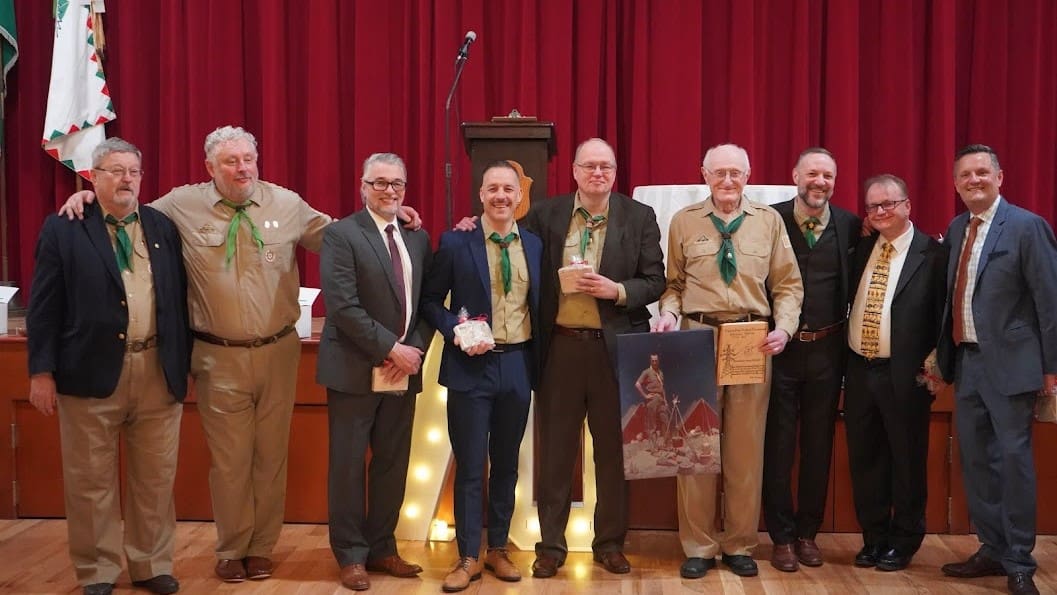
A grand celebration was held at the Hungarian American Athletic Club in New Brunswick to mark the 70th anniversary of the Bornemissza Gergely Boy Scout Troop no. 5 of New Brunswick.
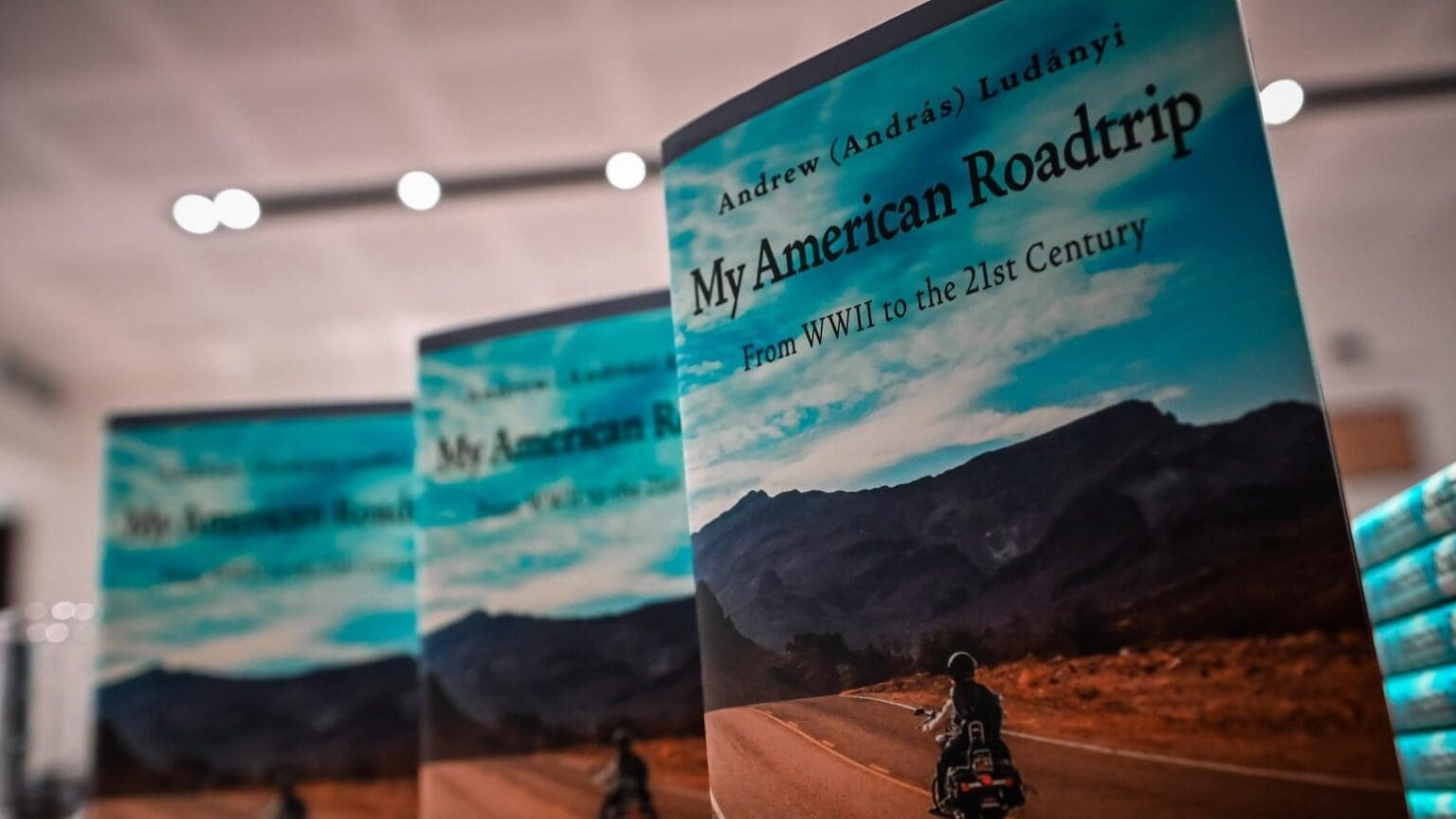
The book is extremely valuable in many aspects, for instance because it sheds light on the complex structure of the Hungarian immigrant society as well as of those of the Hungarian minorities in Transylvania and Vojvodina, and historical episodes less known to readers in the Hungarian homeland, thus providing valuable insights for those involved in diaspora studies, not only for interested non-professional readers.
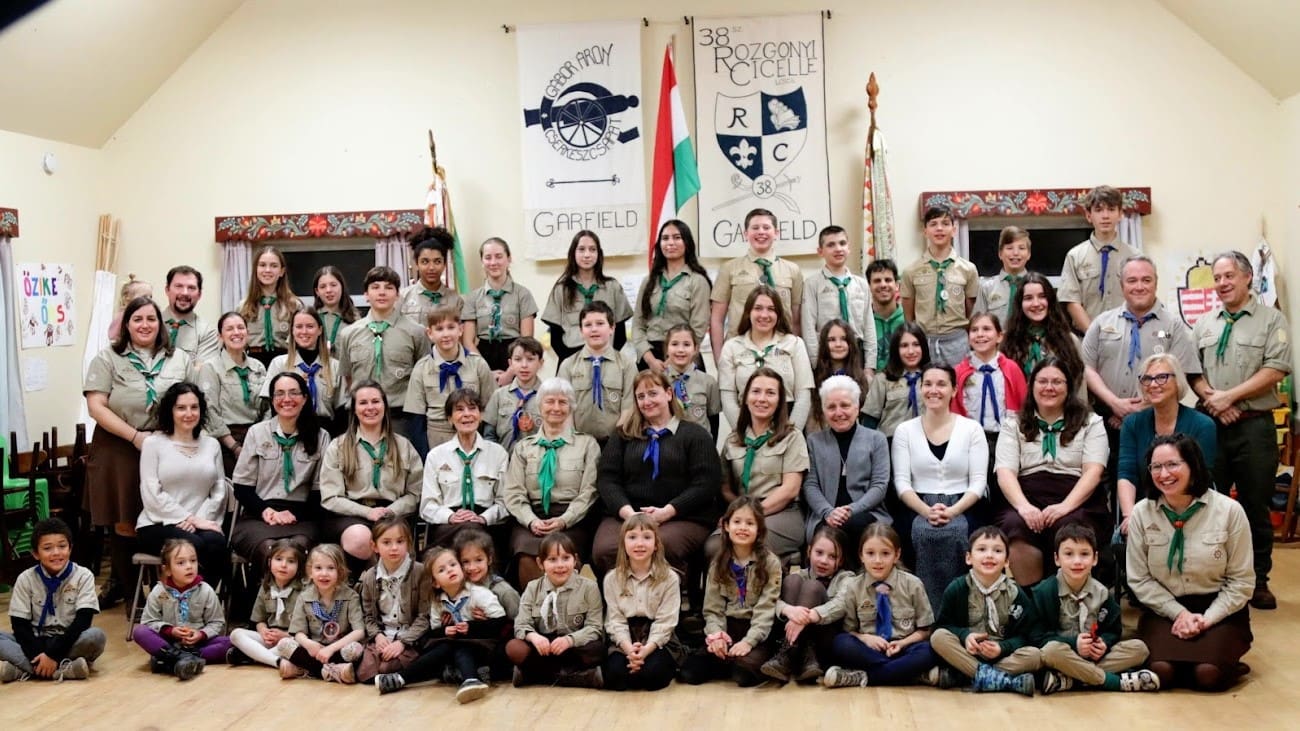
In June 1952, a three-member girl scout troop was formed in Passaic, near Garfield. Less than two years later, on January 2, 1954, after many others had joined, the Executive Committee of the Hungarian Scout Association approved the operation of the girl troop by admitting it to the association, under number 38 and named Cicelle Rozgonyi.
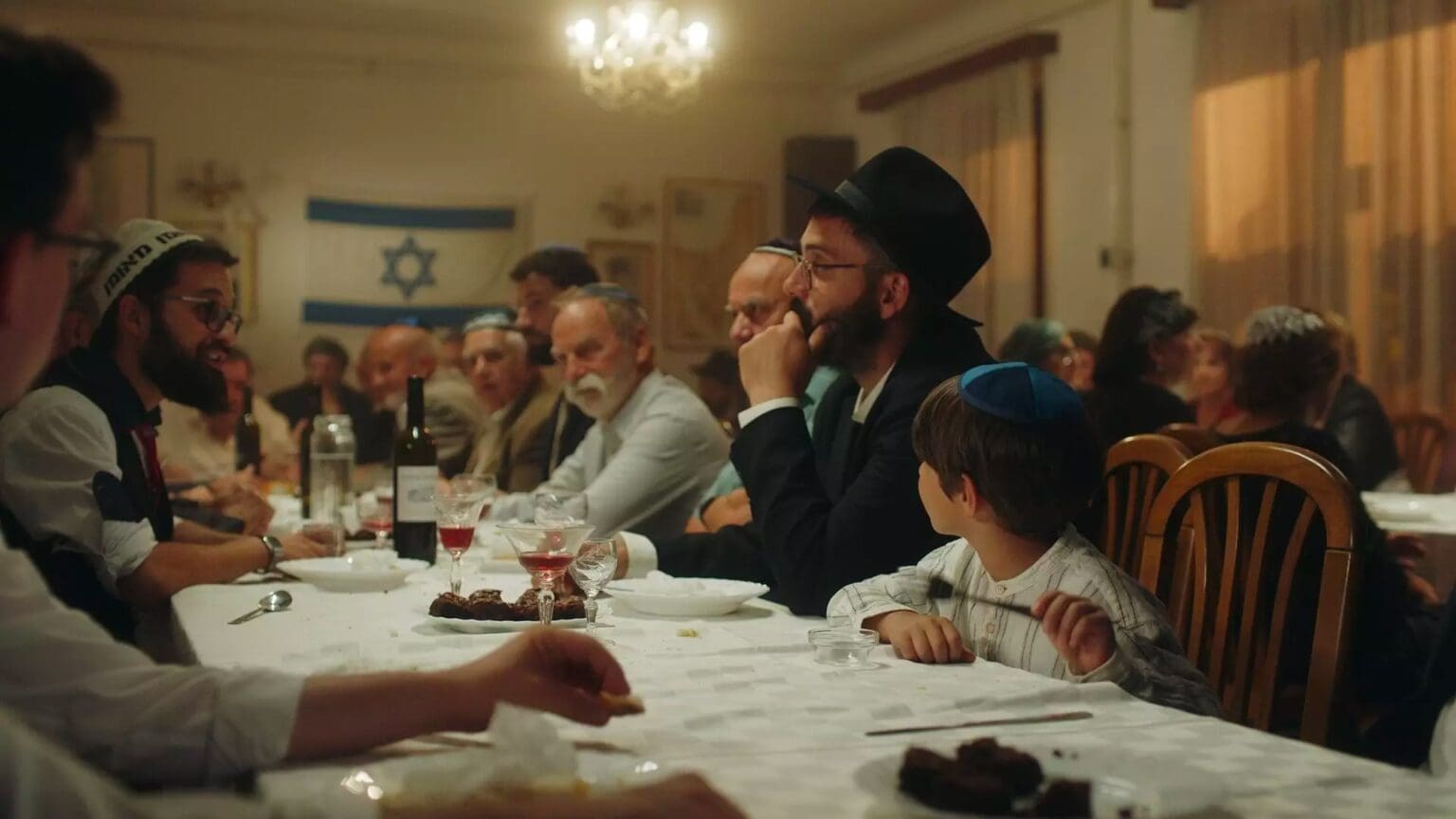
The Hungarian dramedy set in Budapest was screened to a full house at the Walter Reade Theater in New York City as part of the New York Jewish Film Festival.
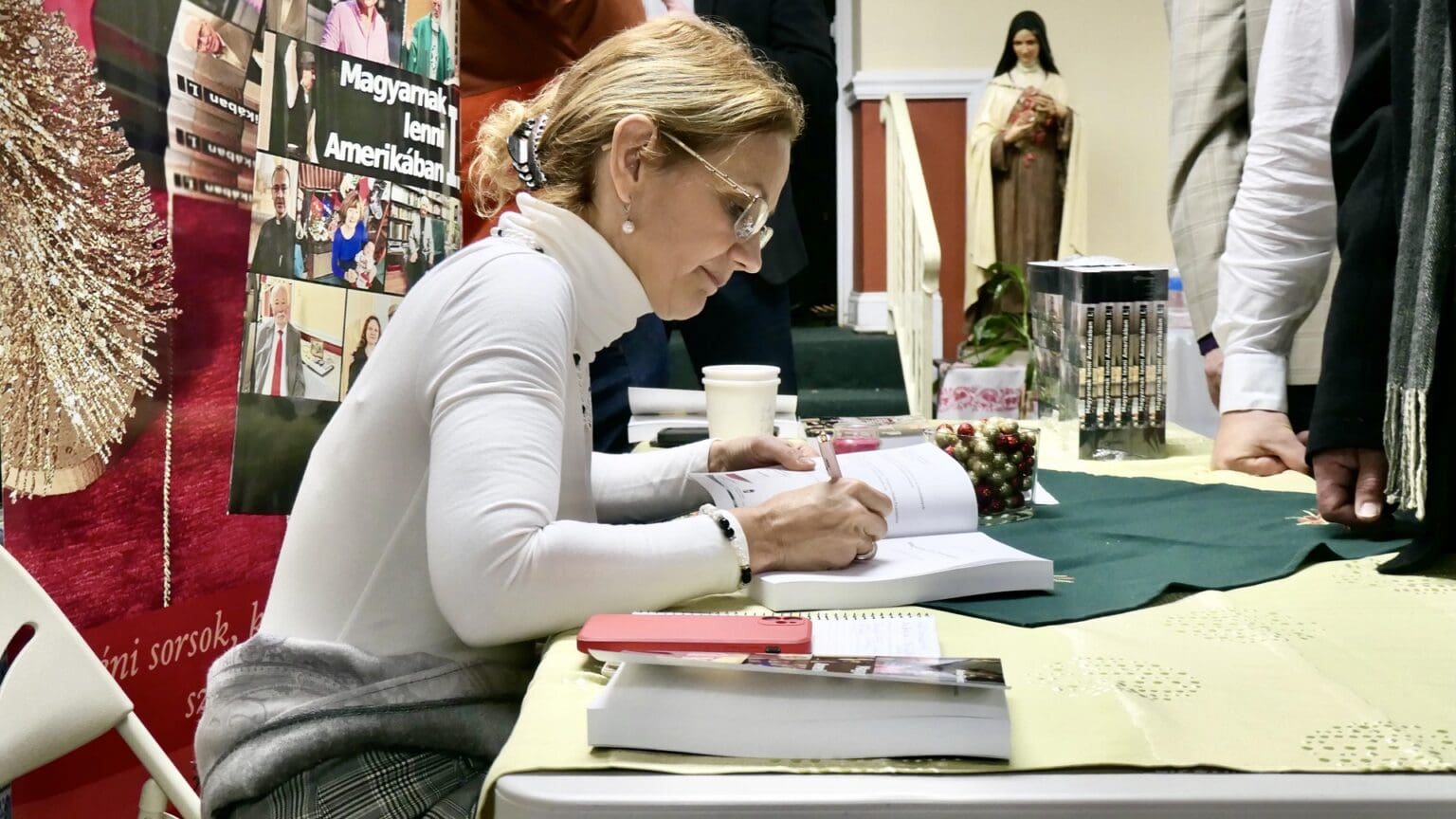
‘The resilience and admirable community involvement of the Hungarian Americans showcased in this publication—by which they essentially became the guarantee of the persistence of the Hungarian-American community—can serve as an example, inspiration, and reassurance for us all,’ Ildikó Antal-Ferencz wrote in the author’s note for her book.

Hungarian Conservative is a quarterly magazine on contemporary political, philosophical and cultural issues from a conservative perspective.